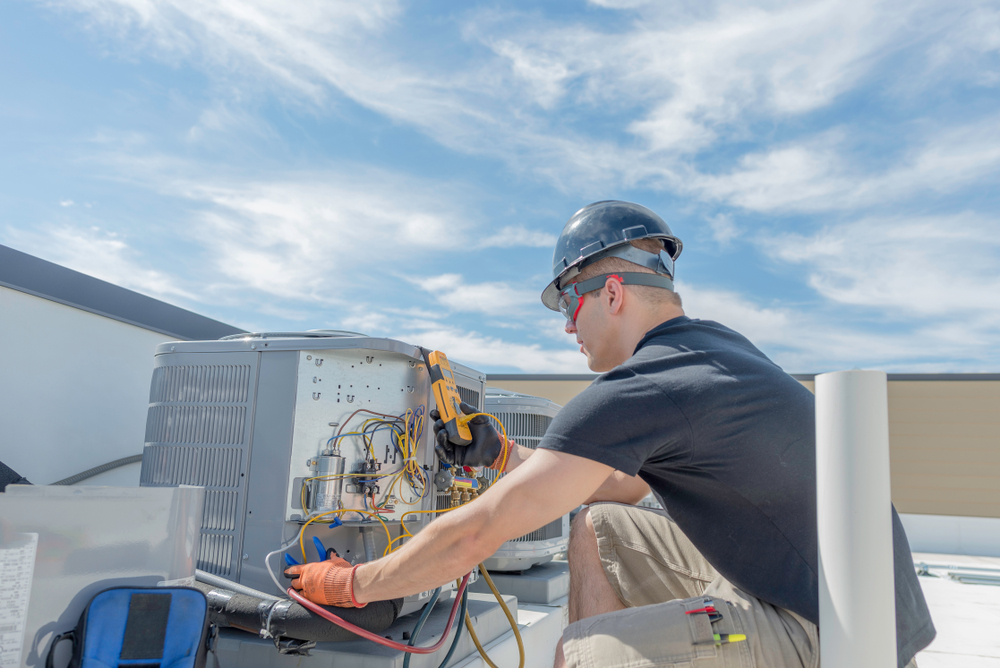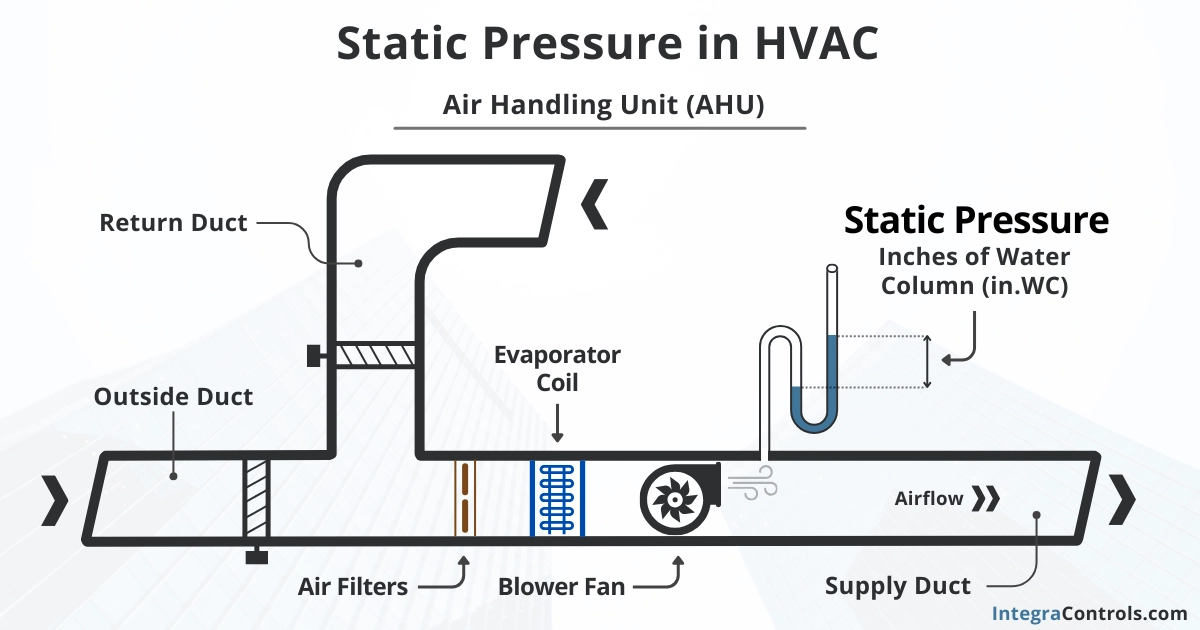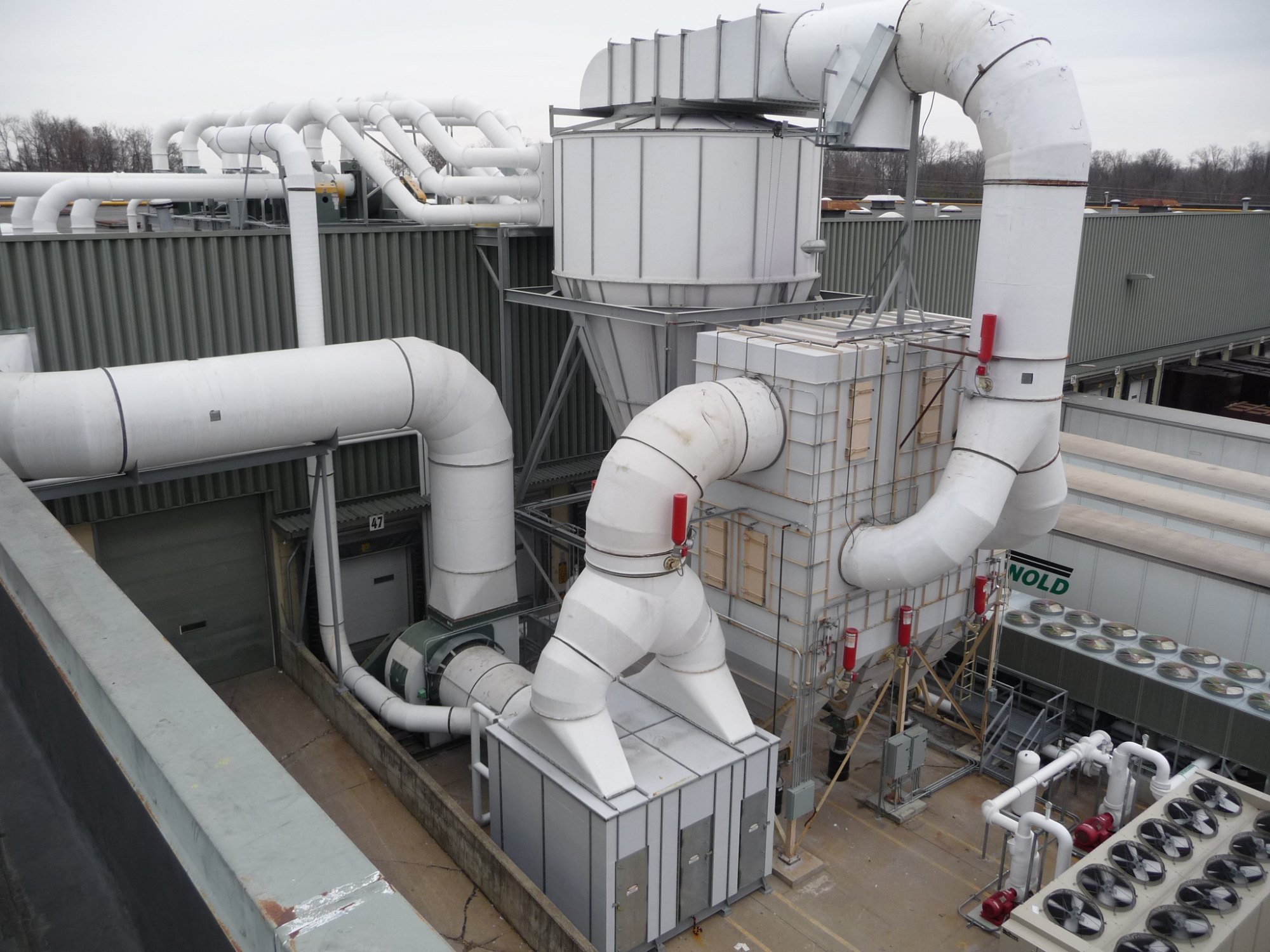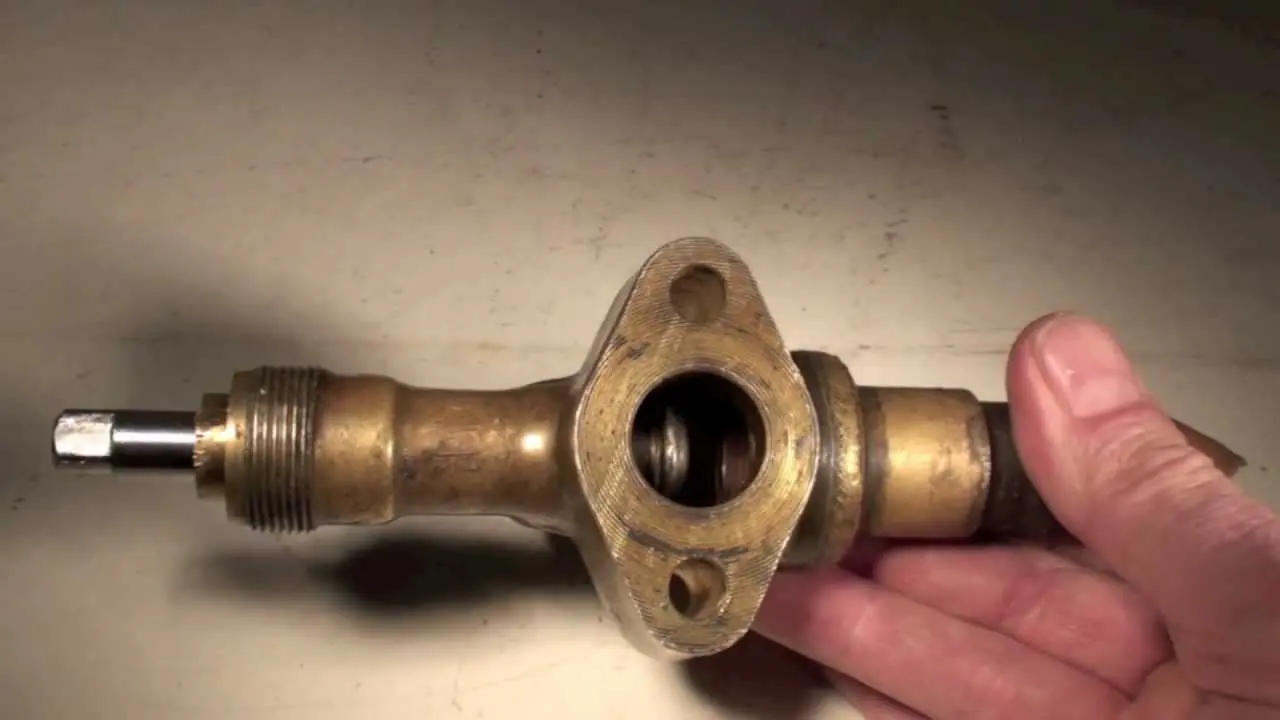How to Become a Heating and Air Conditioning Technician in Florida: A Complete Guide
Due to the warmness of the state’s weather, there is always a high demand for HVAC services as reliable heating, ventilation, and air conditioning systems are always wanted, and this is the appeal of this career path in the state. HVAC technicians, also known as heating and air conditioning technicians, work to install, repair, maintain, and upgrade everything. This career provides excellent job security, steady income, and opportunities for advancement.
Here’s a step-by-step guide on how to be a certified HVAC technician in Florida, from education to obtaining a license and job opportunities.
Step 1: Complete High School or Obtain a GED
Most employers and vocational programs require a high school diploma or equivalent GED. Some of the early classes, including algebra, physics, and electrical, will provide a solid foundation that is extremely useful when working to understand HVAC systems. Most area high schools offer vocational courses with a basic curriculum of HVAC classes.
Step 2: Attend an Accredited Training Program
Then you would need to enroll in a program that is state-approved to train as an HVAC. These programs run from 6 months to 2 years and will be either a certificate or an associate’s degree. Such programs are found in most of the community colleges and technical schools throughout Florida.
Some of the basic skills to be acquired through such training include:
System Design and Installation
General knowledge of the principles of how the entire HVAC system is designed and installed.
Electrical and Mechanical Skills
Understanding electrical components and the mechanics of the HVAC unit.
Troubleshooting and Maintenance
How to diagnose and correct common problems that can be expected to occur in an HVAC unit.
Environmental and Refrigerant Regulations
Familiarity with EPA standards and safe handling practices.
Some of the good HVAC training programs in Florida come from colleges affiliated with such institutions: College of Central Florida, Broward College, Florida State College at Jacksonville. Of course, check whether the course is accredited because this will depend on your eligibility for some form of certification and future employment in specific companies.
Step 3: Obtain Your EPA Certification
The United States Environmental Protection Agency has regulation requirements which state that any HVAC technician servicing refrigerants must have a Section 608 Technician Certification. Section 608 Certification ensures that technicians know how to handle refrigerants in a safe and proper manner so that it does not leak out into the atmosphere. The Section 608 technician certification comes in four categories:
Type I-small appliances
Type II -high pressure
Type III -low pressure
Universal-includes all above.
Most training programs for HVAC technicians offer certification testing by the EPA, or you can sign up to take the exam at a testing center near you. You’ll be taking a multiple-choice test and are required to pass in order to be legally able to handle refrigerants as an HVAC technician in Florida.
Step 4: Get Practical Experience through an Apprenticeship
While the training programs give you foundational knowledge, hands-on experience is the key in the HVAC world. You can work under some of the best technicians at your skills through apprenticeships or entry-level positions. Florida has different apprenticeship programs available through local unions, trade associations, and independent contractors.
Apprenticeships usually run for 3 to 5 years and contain paid on-the-job training along with class instruction. During this period, apprentices will be provided with hands-on exposure to such topics as system installation, diagnostics, repair, and customer service. HVAC apprenticeships also allow you to start earning an income while learning.
Step 5: Obtain a Florida HVAC License
Even in Florida, you will have to obtain a license if you are going to work as an independent HVAC contractor. Licensing varies with the scope of your activities :
Registered HVAC Contractor License
This is for those who will only work within local jurisdictions. The requirements are not too rigorous, but you’ll only work in areas you’re registered within.
Certified HVAC Contractor License
You are allowed to work throughout Florida if you pass the Florida HVAC Contractor Exam to obtain this license.
To obtain a license, you will generally need to have at least 4 years of experience (apprenticeship counts), and you must pass an exam where you could be tested on installation practices, system design, and state codes. State exams are overseen by the Florida Department of Business and Professional Regulation (DBPR).
Step 6: Optional Specialized Certifications
Optional certifications would be available but would help strengthen skills and marketability. Industry-wide respect is given to those who have earned certifications issued through organizations like North American Technician Excellence (NATE) or HVAC Excellence. Advanced knowledge positions you as a more desirable candidate among employers.
Some of the popular advanced certifications include:
Heat Pump Certification
Air Distribution Certification
Light Commercial Refrigeration Certification
Each certification has specializations so you can focus on any position with a certain skill set or work with sophisticated systems.
Step 7: Entering Your HVAC Career
After you obtain your license, you can start your HVAC career. Most technicians go to work for established HVAC companies or contractors as they try to gain experience and clientele. The job market for HVAC technicians in Florida is great with a 13% growth rate between 2020 and 2030, according to the U.S. Bureau of Labor Statistics. Some of the most abundant opportunities are in major metropolitan areas: Miami, Orlando, and Tampa.
Step 8: Be an Independent Entrepreneur Establishing an independent HVAC business in Florida has become a very attractive option for seasoned HVAC technicians. Florida’s licensing laws are open-ended; a certified HVAC contractor can work across the state, enabling one to grow their client list and brand.
Running an HVAC business requires administrative and management skills from marketing to customer relations and compliance with regulations. Yet, it offers an excellent opportunity for seasoned technicians who want maximum job earnings and flexibility.
Salary and Career Outlook for HVAC Technicians in Florida
HVAC technicians in Florida earn a median salary of approximately $45,000 to $50,000 per year, depending on experience, certifications, and location. Technicians who specialize in advanced areas, such as refrigeration or system design, may earn even more. Moreover, Florida’s high demand for HVAC services ensures steady employment, and with the state’s growth in residential and commercial development, the future remains bright for HVAC professionals.
Final Thoughts
Becoming an HVAC technician in Florida is a rewarding path that combines technical skills with problem-solving and hands-on work. From initial training and certification to licensing and potential business ownership, each step in this process builds a foundation for a stable, well-paying career. With demand growing and advanced certifications available, Florida’s HVAC industry offers technicians ample room for growth, specialization, and success.




Leave a Comment